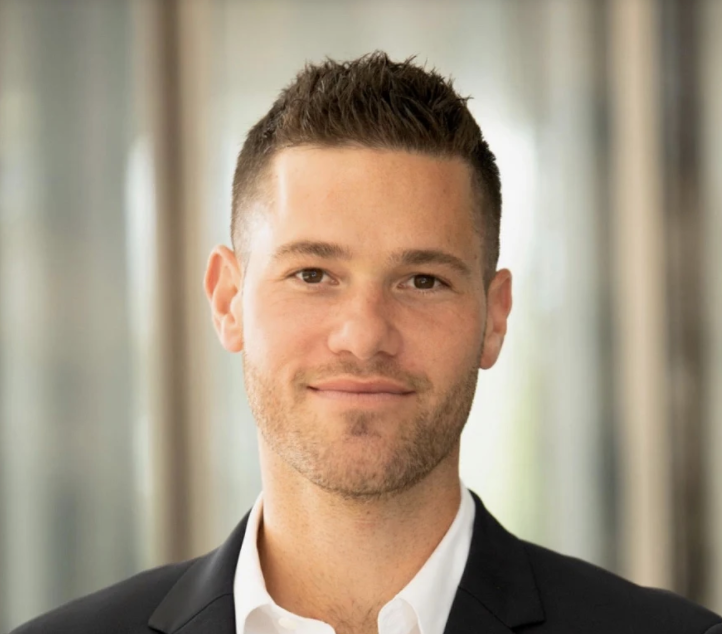Mickey brings physical commodity trading online for mid-size suppliers and traders around the world; modernizing entire transactions — from sourcing to shipping to payment — making it fast and easy for global buyers to purchase, track, and acquire the commodities they need.

How did you come up with the idea for the company?
I was working in Media at the time for a company called Endeavor, doing a lot of global sales—which mostly meant selling children’s entertainment brands to buyers around the world. I was introduced to a man named J Michael Evans who at the time, was the President of Alibaba USA.
I told him all about my penchant for dealing with a foreign customer base and he expressed that if I was excited about it, that the opportunity to build the reverse of Alibaba (West – to- East rather than East-to-West) was a generational opportunity. I picked the name Mickey and started the next day.
More from Interviews
- Meet Jaron Soh, Co-founder & CEO of LGBTQIA+ Mental Wellness App: Voda
- Meet Nathalie Morrison: The Founder Behind Astrea, the Fashion-Tech Brand Putting Lab-Grown Diamonds at the Heart of Luxury
- Meet Badr Ward, CEO And Founder Of Education Platform: Lamsa
- A Conversation with Andrej Persolja, Founder of We Fix Boring
- A Chat with Kebbie Sebastian, CEO and Founder of Merge
- Meet Dr Agnès Leroy, GPU Director at Cryptography Tool: Zama
- Meet Roman Eloshvili, Founder of ComplyControl
- Inside Mobile Payments with Bojoko’s Ville Saari
How has Mickey evolved during the pandemic?
Global shipping and logistics is a challenging enough business when times are calm. I remember working near Covent Garden early in my career with a group called AVEX Classics—who shared space with a Dutch shipping outfit.
We were so happy every day, making jokes, being creative, and over in their section was nothing but grumpy faces. But in terms of direct effects, we’ve certainly seen a huge amount of price fluctuation in commodities, especially forest products—one of our core verticals, as well as a soaring increase in shipping prices due to the explosion of e-commerce in the West.
What can we hope to see from Mickey in the future?
Many have tried to build the reverse Alibaba — none have succeeded. Even Alibaba can’t figure it out—trust me, they contacted us asking how we approached it. It’s an extremely complex, slippery problem to solve, and you’d have to be a little screwy to even want to approach it. Luckily, our founding team has a little Willie Wonka in us. In the next few years, we want to be growing from forest products into energy as well as agricultural products.



